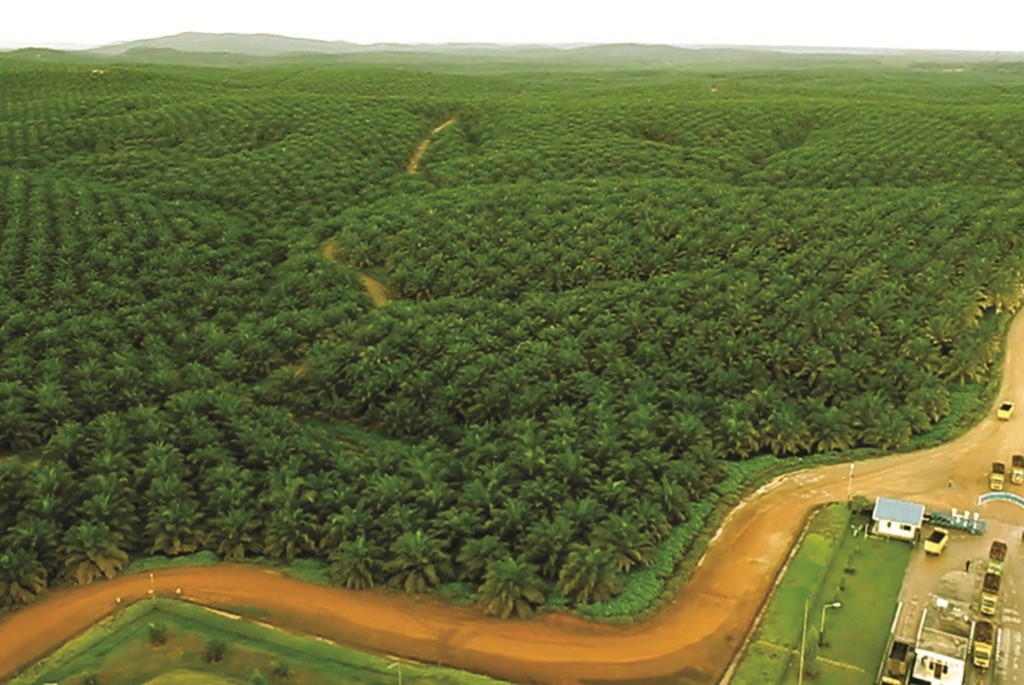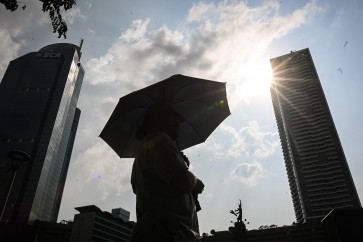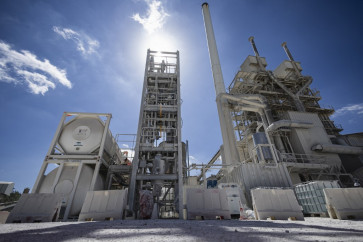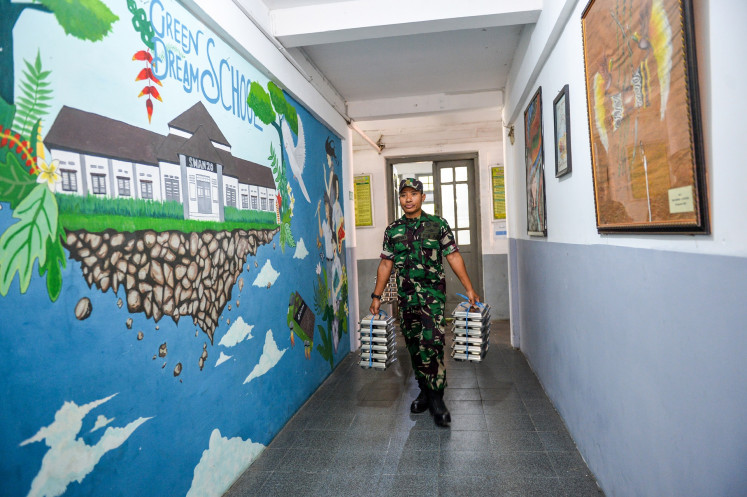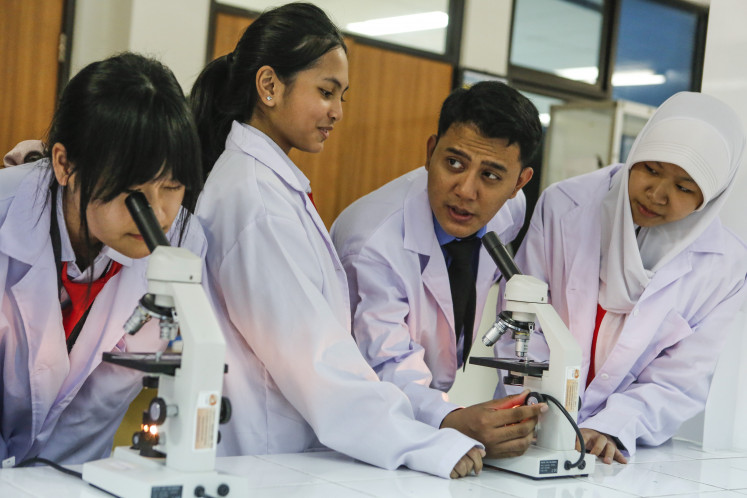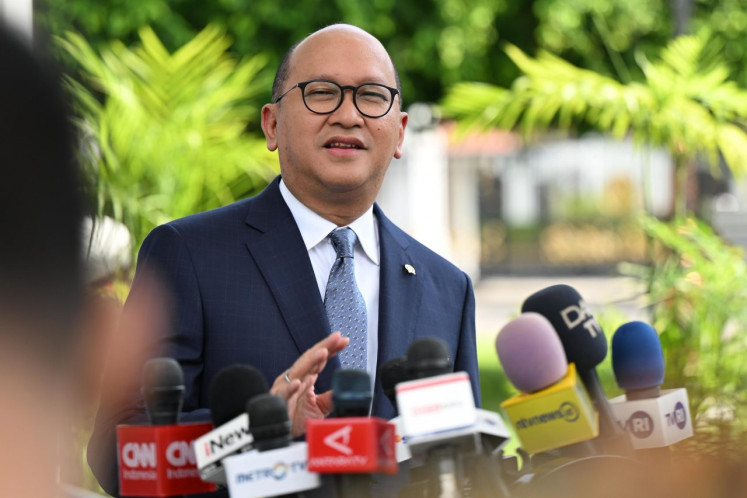Popular Reads
Top Results
Can't find what you're looking for?
View all search resultsPopular Reads
Top Results
Can't find what you're looking for?
View all search resultsPalm oil producers pledge to promote sustainability at UN forum
Change text size
Gift Premium Articles
to Anyone
A
mid mounting international pressure, the Indonesian Palm Oil Association (GAPKI) has reassured the United Nations of its “strong commitment” to the sustainable production of palm oil in Indonesia.
GAPKI chairman Joko Supriyono told a forum hosted by the United Nations Development Program (UNDP) in New York on Tuesday that palm oil producers had no choice but to adopt the sustainable production of palm oil.
“The industry has a strong commitment to implementing sustainable production of palm oil through various government regulations, particularly those related to deforestation and peatland,” Joko said on Tuesday.
He said Indonesia had regulations to prevent further deforestation and protect peatland that companies had to abide by. Joko said that companies could be prohibited from operating if they flouted prevailing regulations on environmental protection.
Indonesia's palm oil industry has come under fire, especially from the United States and the European Union, on suspicion that it has failed to abide by regulations and that it benefits from massive subsidies.
Joko added that the commitment to sustainability is evident in the increasing number of companies adopting the Indonesian Sustainable Palm Oil (ISPO) standards, from only 10 companies in 2013 to 226 companies last year and 304 companies as of August 2017.
Palm oil is Indonesia’s main non-oil and gas export, contributing US$18.5 billion in exports last year. The sector also absorbs more than 5 million workers and encourages economic growth in rural areas.

